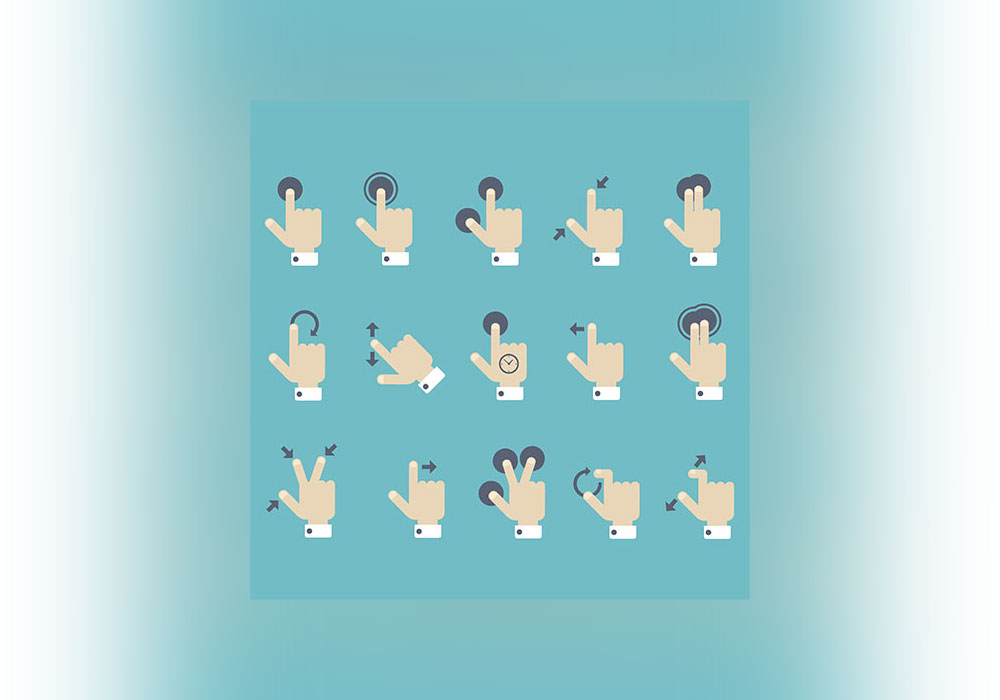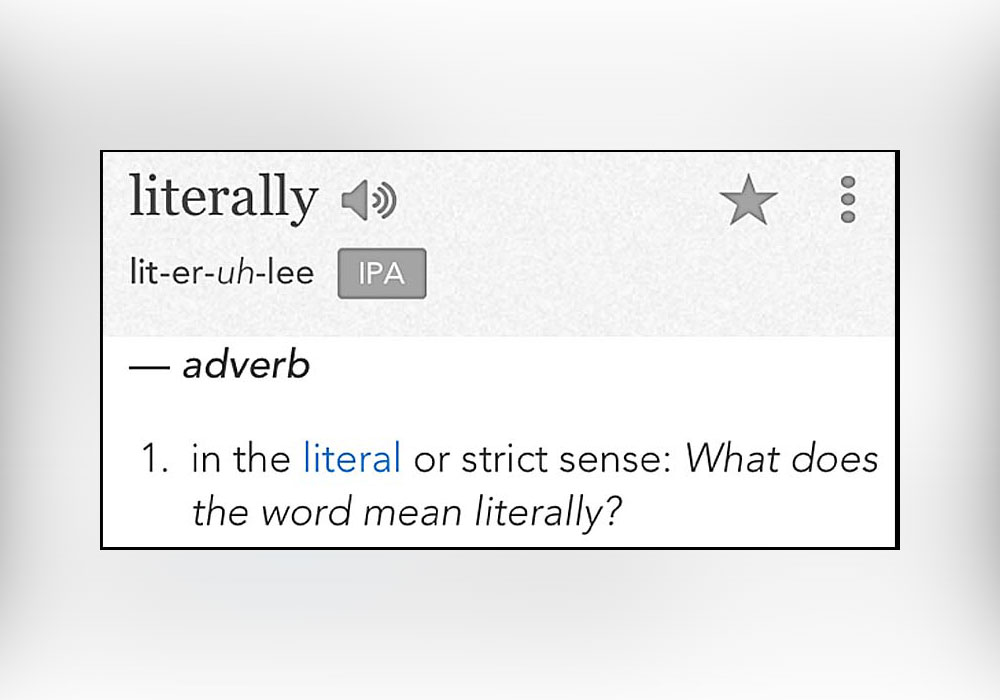Vocabulary Unplugged: Technology and the Lexicon
Even the least tech-savvy lexicographer understands that technology is a robust source of new words. As technologies move from the realm of science fiction into our everyday realities, new words and meanings spring up around them. While it is expected that names for these new technologies and the words describing our interaction with them are regularly entering the language, there are less obvious coinages that …






